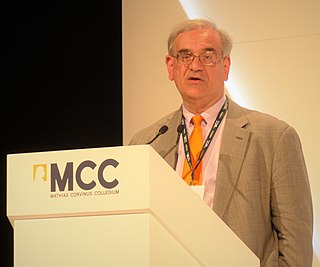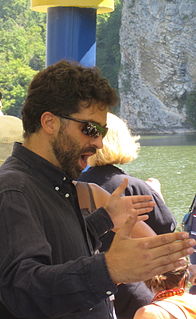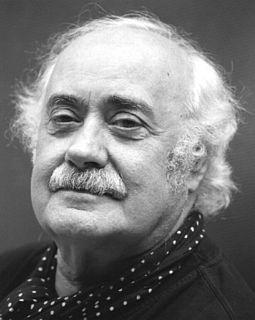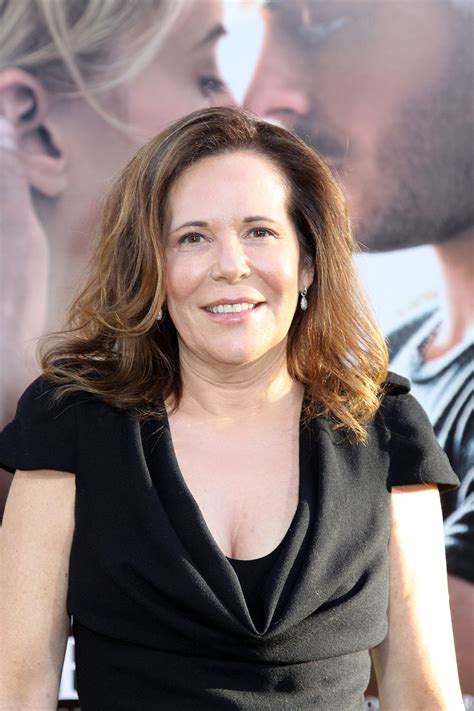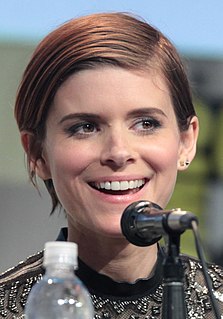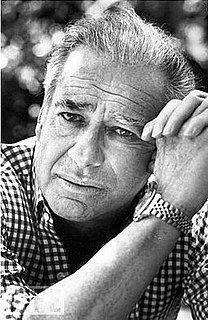A Quote by James L. Brooks
I always think that the deal, once I do the script, sort of the experience I go through writing, which is everything you can imagine, but I always think it's the one thing I can do when I'm directing is say is that it's all about the actors, that I can say, 'We're all here to serve the actors.'
Related Quotes
In enforcement, you always have to have both a focus on the really worst actors - you know, gang bangers, in this case, drug dealers, that sort of thing - but also routine enforcement because think about, for instance, the IRS. They don't say, OK, well, if you're not a money launderer, it doesn't matter whether you fill your tax return out right or not. They have both. They go after the really bad actors and they have a kind of general, routine enforcement.
You're in a movie, so you have to think about how something plays. It's not like you're thinking about how an audience is going to react. You're trying to present the story. You're trying to illuminate the lives of these people in the story. So I'm thinking about how my behavior as this character best illuminates what's going on with them in this moment in time. I always say it's sort of the director's job. People think that the directors direct actors. No. Really, what the director's doing is directing the audience's eye through the film.
I think the success of every novel - if it's a novel of action - depends on the high spots. The thing to do is to say to yourself, 'Which are my big scenes?' and then get every drop of juice out of them. The principle I always go on in writing a novel is to think of the characters in terms of actors in a play. I say to myself, if a big name were playing this part, and if he found that after a strong first act he had practically nothing to do in the second act, he would walk out. Now, then, can I twist the story so as to give him plenty to do all the way through?
When I got into the movie business, working with actors was the one thing I was really weak at. I didn't know what to say to actors. They scared me and intimidated me. The actors that I've worked with who have had a lot of experience, or who I've even grown up watching as a kid, were really scary. I was like, "What am I going to say to this person?" But, I've matured. It's fun. I understand what actors do now.
I started doing documentaries in the first place because of the war. I always wanted to do feature films, and I studied directing when the war started, so I was working with actors before, in film and in theater. So I think it's easy to work with actors when you have a script that is clear, when they know what and why they are doing it.
Obviously, once you're finished, you're like, "Okay, I have to make this a movie now, and I need people - bodies to play these parts, and actors to bring this thing beyond a script." But when I was writing it, I wasn't thinking of actors; I was really thinking about creating three-dimensional characters.
I'll say it, I love working with actors, I'm a fan of actors. They bring so much, and they can also break a movie, but when it works I give it all to the actors. I'll say it, I think that 'The Transporter' is great not because of my direction, it really is great because Jason Statham was great in it.
There are so many brilliant, trained actors of color in America. If you just think about it, every year in the spring Julliard and NYU and Yale and hundreds of schools across the country graduate classes of trained actors, and in those classes are actors of color. So to say that there aren't enough actors of color is factually inaccurate.


